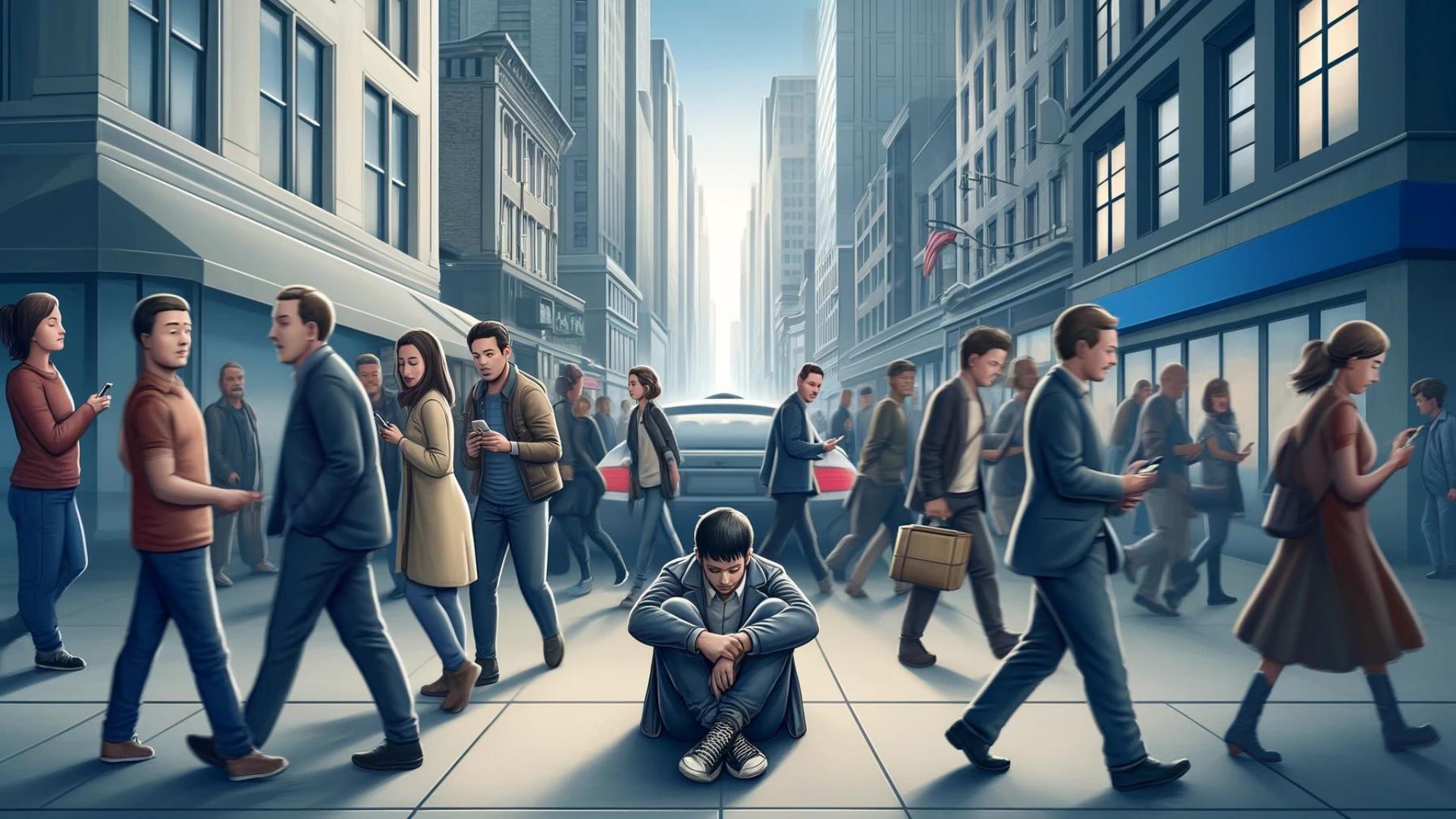🚨 Ever Noticed This?
A trash can overflows in a public place. Everyone walks by.
A meeting room full of colleagues waits for “someone else” to speak up.
A loud argument breaks out on a street—no one intervenes.
What do these all have in common?
They show that when more people are present, individual responsibility often vanishes.
This phenomenon is more common—and more dangerous—than we realise.
👥 The Psychology Behind Group Inaction
When people are part of a group, their sense of personal responsibility diminishes. This isn’t laziness—it’s psychology.
Psychologists call this the "diffusion of responsibility." It means that the more people there are, the less likely any one person feels the need to act.
Let’s explore why this happens, what forms it takes, and how we can fight it.
🔄 1. Diffusion of Responsibility
This is the core principle: when many people are present, each assumes someone else will handle it.
👇 Example:
In an emergency, people often wait for someone else to dial the police, even when they have a phone in hand.
Why? Because responsibility is spread out and diluted.
😶 2. The Bystander Effect
This famous psychological concept shows how people are less likely to help when others are around.
The more people there are, the less likely any individual is to step in.
It’s not because people don’t care—but because everyone is waiting for someone else to act first.
💤 3. Social Loafing
In group tasks or projects, individuals often put in less effort than they would when working alone.
This is called social loafing—the tendency to slack off when responsibility is shared.
🚨 Common settings:
Group school projects
Workplace team tasks
Volunteer activities
When no one’s directly accountable, motivation drops.
🧩 4. Loss of Identity in Crowds
In large groups, individuals can feel anonymous. This deindividuation causes people to:
Follow crowd behaviour blindly
Feel less guilty for wrong actions
Detach from their usual values
This is why protests can turn into riots, and social media mobs spread hate without remorse.
🤐 5. Fear of Standing Out
Even if someone wants to help, they may hesitate because:
“What if I’m wrong?”
“What if no one backs me up?”
“Will I be judged?”
The fear of judgment in public is stronger than we think, and it silences action.
⚖️ Real-Life Examples of Group Inaction
❌ Emergency Situations:
No one calls for help in a crowded accident scene.
❌ Workplace Silence:
Unethical practices go unreported in corporate teams.
❌ Classroom Chaos:
A student is bullied while others watch.
In all these, many people are present, but no one feels responsible enough to step up.
🛠️ How to Reverse This Tendency
The good news? Awareness changes everything. When people understand these tendencies, they become more conscious of their actions.
✅ 1. Take Personal Ownership
If something feels wrong, act. Don’t wait for a group decision.
“If not you, then who?”
✅ 2. Assign Responsibility
In group settings, clearly define roles:
“You record notes.”
“You contact the vendor.”
“You call the ambulance.”
Clarity prevents diffusion.
✅ 3. Teach Accountability in Schools & Teams
Responsibility is a habit, and it starts young.
Educate children and employees that being in a group does not mean invisibility—everyone’s role matters.
✅ 4. Be the First Mover
People follow the brave. When one person speaks up, others usually join.
Be the spark that starts the action.
🧾 Final Thoughts: Don’t Hide Behind the Crowd
We’re wired to behave differently in groups—but that doesn’t mean we should surrender our judgment or conscience.
“In a world full of spectators, be the one who steps up.”
Remember: society gets better when individuals choose to act even when no one else does.












Recent Comments
No comments yet.